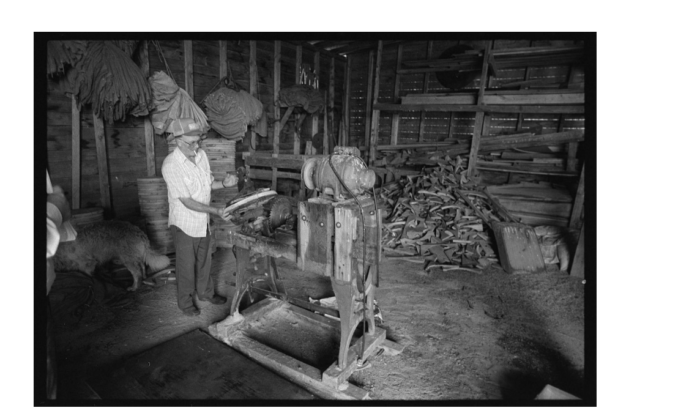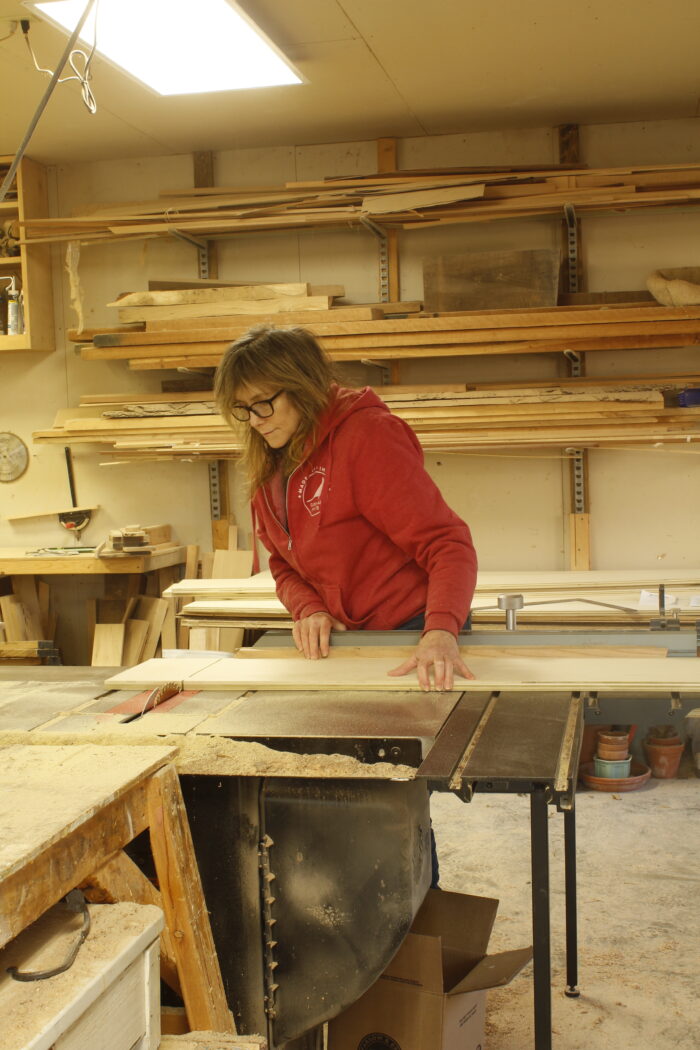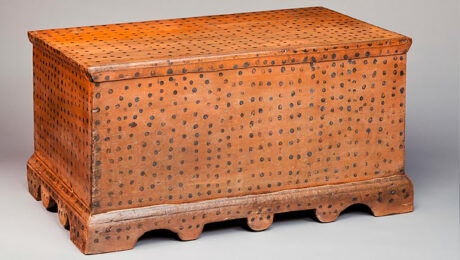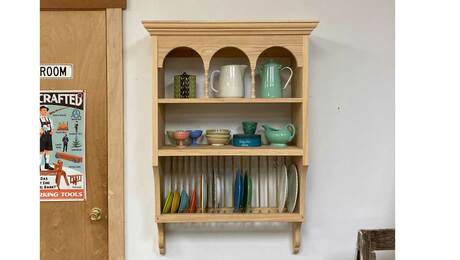There is no level playing field
The keys to success in the woodworking business are as varied as the craftspeople themselves.
I was talking with a well-known furniture maker at a national event a few years back while another craftsman gave a talk that I’d decided to skip. He’s loaded, said my conversation partner about the presenter – or something along those lines. (I’m paraphrasing based on memory.) Then he shared what he knew about the source of the other woodworker’s wealth, which had come through his parents.
“How am I supposed to compete with that?” my conversation partner asked.
Answer: You’re not.
First of all, the work of these two craftsmen is completely different. I cannot imagine anyone who collects the work of one even being in the market for work by the other. Their genres are so distinct that the only basis for collecting work by both would be that both are widely respected furniture makers who do excellent work – and that’s a category with quite a few members. Yes, there are people who hope to acquire pieces made by more than one craftsperson they admire, but most people don’t aspire to furnish their homes with a variety of completely unrelated styles; to do so would be like living in a museum dedicated to showing off your wealth and good taste. There may be people who wish to live this way, but I daresay there’s a greater market among those who don’t.
Second, furniture makers bring their own character to the process involved in commissioning a piece. We all develop our own ways of working, from our first contact with a potential buyer by email, phone, or in person, through our preferred modes of communication, our willingness to answer questions or engage in conversation on topics beyond work, and our priorities and values, many of which matter greatly to prospective customers. Not to mention our own style and the caliber of our execution.
That said, contrary to widespread belief, not everyone wants The Very Best, which comes with a higher price (notwithstanding some makers’ promotional claims to the contrary). Some customers and collectors embrace imperfection and appreciate the historically informed attention to detail shown by makers of period-style furniture who intentionally leave the underside of a dining table less refined than the top, to cite one example typical of most work made before the widespread use of machinery. In short, any comparison is destined to be apples to oranges.
Beyond this, money is not the only significant variable among professional furniture makers. Others include education – not just formal training in the craft, training through occasional classes, or private sessions with others in the field, but in academic terms as well; just having a college degree and the ability to articulate a grammatically correct proposal or description of your business for your website can be an advantage. On the other hand, there are customers for whom none of this matters one whit. Gender, race, and other factors can also move some would-be buyers to choose a piece made by Person A over one by Person B; some customers and patrons make a point of seeking out work by non-gender-conforming craftspeople or those of color.

Sure, financial wealth can offer the luxury of choosing between prospective clients instead of feeling compelled to take every job you’re offered. It can allow you to charge less than you know you should for a piece you really want the creative satisfaction of making, not to mention adding to your portfolio in the hope that someone else will want something like it and pay for that piece at your full rate. Money can tide you over slow times such as recessions, which typically force many craftspeople whose livelihoods genuinely depend on their work to shut down their businesses. A generous gift of money from family can allow you to buy acreage in a desirable location close to your ideal market and build a shop that’s more spacious and better equipped than those of makers who’ve been practicing their craft for decades. All of these are significant advantages that make it easier to do what you love for a living than it tends to be for those without such wealth.
But none of this can guarantee success, let alone happiness. Money is no substitute for many of the qualities important to both of these: grit, patience, resilience, gratitude, and the ability to persevere through the kinds of challenges that drive others to quit the craft. There are plenty of people whose wealth has left them all but paralyzed because they don’t have to do much of anything to get by; they can simply live on the money they already have. I have known a few such people, and knowing them has made me appreciate the value of having to earn my living. I thrive on challenge and constraints.
When people who don’t have to work express amazement at my productivity, or envy at the creative satisfaction I take in my work, I do my best to explain that whatever they see as my success is itself the product of work: the work to make peace with the less-lovable dimensions of running a business, doing almost everything by myself, and learning to be happy with less than what many consider desirable in terms of income, leisure, or opportunities to travel. Necessity truly is the mother of invention, if you’re sufficiently creative.
Nancy Hiller is a professional cabinetmaker who has operated NR Hiller Design, Inc. since 1995. Her most recent books are English Arts & Crafts Furniture and Making Things Work, both available at Nancy’s website.























Comments
Wow! Thank you for sharing this viewpoint. I've been in a rough patch with my woodworking business lately, and while I wouldn't say this article cheered me up, it definitely put some things in perspective.
As always a wonderful article that is again eerily very timely in my own life and career. Thank you for your writing!
“[Deleted]”
Thank you, Nancy. Great article to help put many things in perspective.
Great post. The other thing I've come to realize is that life isn't a zero sum game where one other person's increased success results in my diminished success. I can genuinely be happy for folks who may have had some advantages. It doesn't mean I can't do well.
This is a tough business. Even tougher if you aren't mentally prepared for the set backs. I worked for many, many years as an hourly craftsman. I've ran a business with a partner, and I've been partners in a family business. Being self employed can be awesome. It can be extremely frustrating. When you are having a tough go at it, I think it is easier to point out how easy other people have it than it is to look inward. I'm definitely guilty of this myself. Trying to find your own path or your own niche is difficult. Sometimes that is hard to accept. The hardest part to accept is that being highly skilled at your craft really has absolutely nothing to do with how successful your business will be. All you can do is try.
This really applies to all of life. When you focus on doing t he best you can, with what you have, where you are, you shouldn't have time to be concerned with what others have that you lack.
I'm lucky, I only do 3 things in my shop. (1) I do sanding and finishing for other craftsmen, including French polishing. (2) I only build table tops, concentrating on tops with several species edge-glued then shaped. (3) When I build tables they're bulky, heavy timber jobs using 4x4s, 4x6s, etc. I only build on commission & allow myself plenty of time.
My customers, so far, have been okay with waiting a minimum of 30 days for a table. I help them understand it takes a while to shape timbers.
And I burn through chainsaw blades and router bits quickly. The 1 downside for me is allocating 2 days for nothing but sharpening. Tedious & onerous chores to be sure but I put myself in that position.
I don't make a lot of money but my retirement is generous enough that I can enjoy my woodworking choices.
Mikaol
Log in or create an account to post a comment.
Sign up Log in